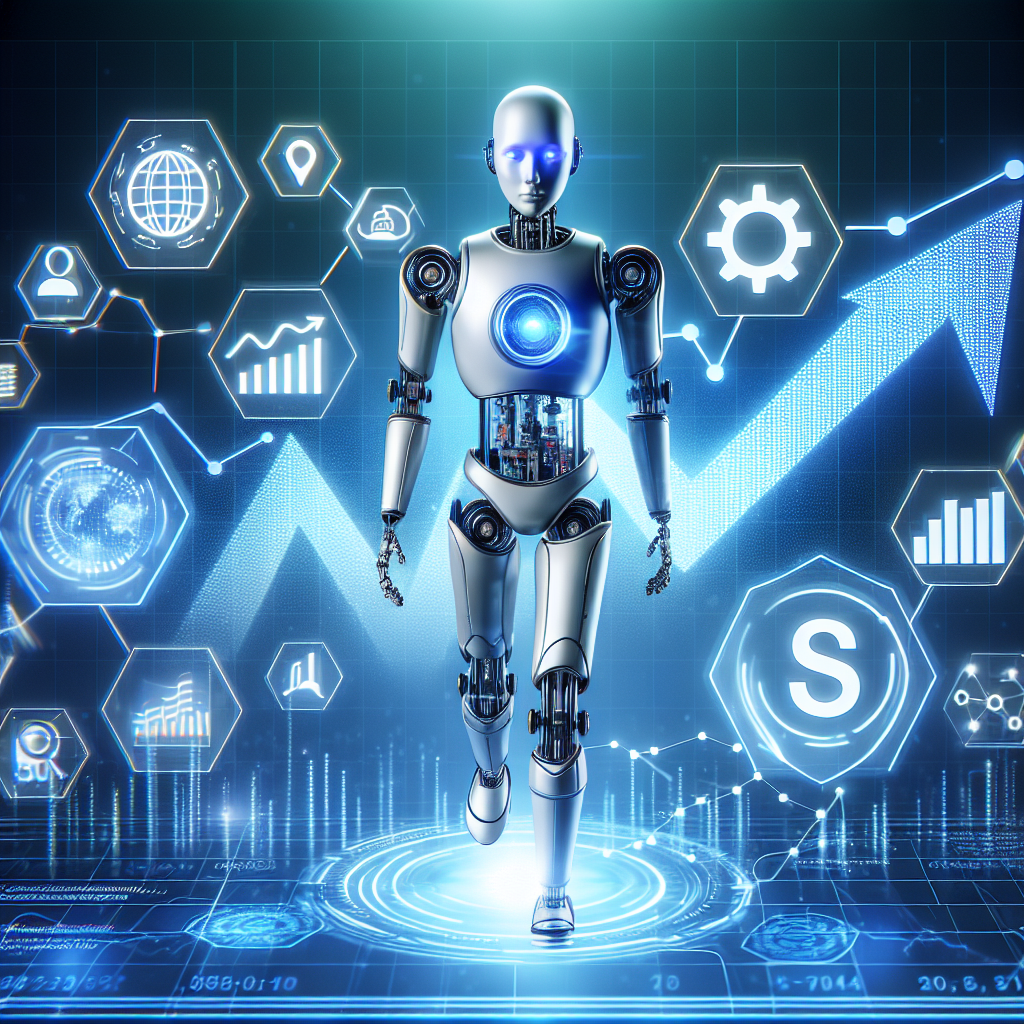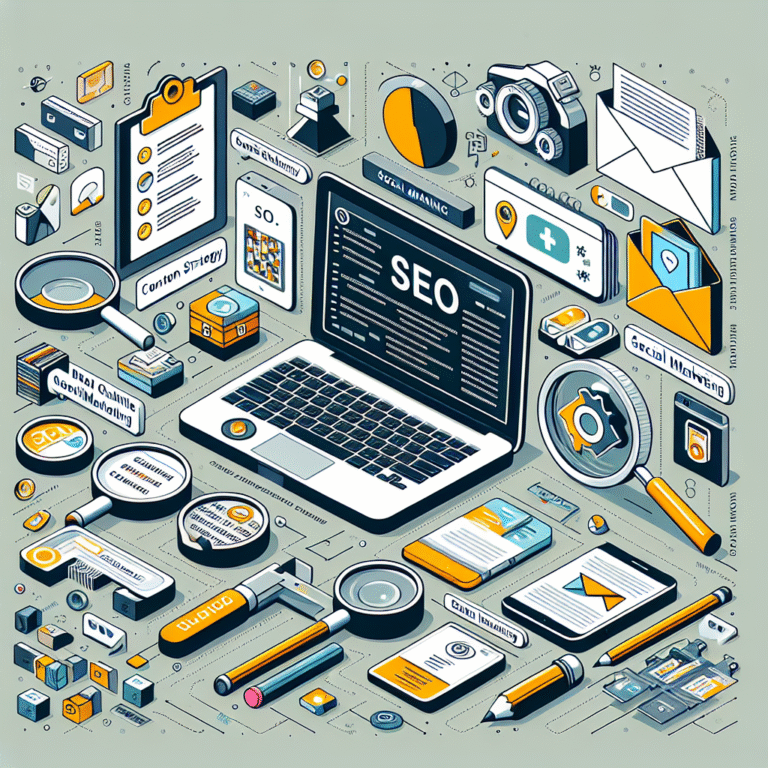Exploring AI-Generated Content’s SEO Impact
The impact of AI-generated content on SEO is a hot topic in the digital marketing world. Have you ever wondered how artificial intelligence is reshaping the way we create and optimize online content? It’s fascinating to think about, isn’t it? AI is not just a buzzword; it’s a powerful tool that’s changing the SEO landscape. But here’s the thing—while AI-generated content offers numerous opportunities, it also presents some unique challenges. So, what exactly does this mean for your SEO strategy? Let’s dive into the complexities of AI-generated content and how it affects search engine optimization. You’ll learn about the historical context, practical applications, and future implications of this technological advancement.
Understanding AI-Generated Content
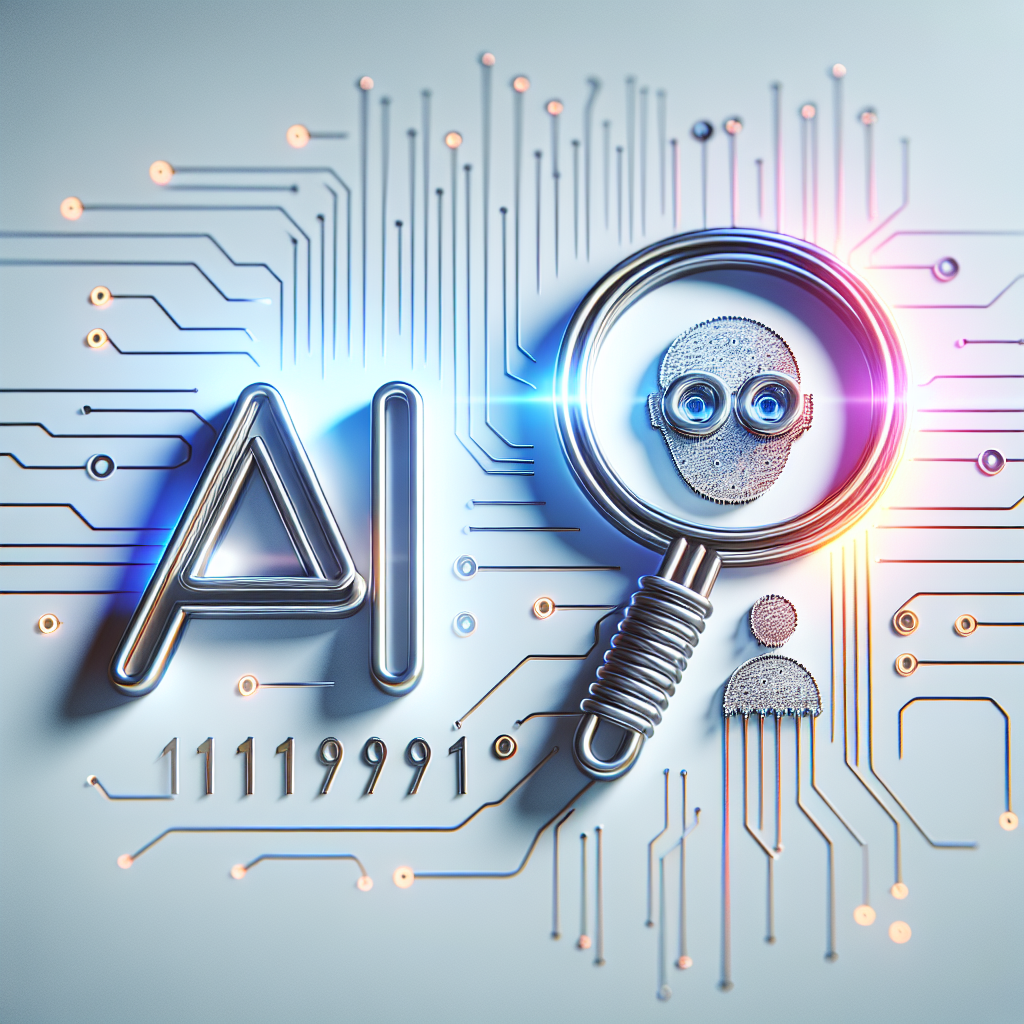
AI-generated content refers to text, images, and other forms of media that are created using artificial intelligence algorithms. These algorithms analyze data and generate content that mimics human writing. The technology behind AI content generation has evolved dramatically over the years. Remember the early days of AI, when outputs were often clunky and nonsensical? Those days are long gone. Today’s AI can produce coherent, engaging, and even creative content.
In my experience, AI-generated content can be a game-changer for businesses looking to scale their content production. Imagine being able to produce hundreds of articles, social media posts, or product descriptions with minimal human intervention. This scalability is a key advantage, but it’s not without its pitfalls. For example, while AI can draft content at an impressive pace, human oversight is necessary to ensure that the content aligns with brand voice and messaging.
The Evolution of AI in content Creation
Let’s take a brief walk down memory lane. Initially, AI was primarily used for data analysis and basic automation tasks. However, as machine learning algorithms became more sophisticated, AI’s role in content creation expanded. Tools like GPT-3 have pushed the boundaries of what’s possible, enabling the generation of high-quality content that rivals human writing.
ai-generated content isn’t just about text anymore. AI tools are now capable of creating videos, infographics, and even music. This versatility makes AI an invaluable asset for marketers looking to diversify their content offerings. For example, a company might use AI to generate engaging explainer videos that simplify complex topics for their audience, thereby enhancing user experience and SEO performance.
How AI-Generated Content impacts SEO
Now, let’s talk about the crux of the matter: the impact of AI-generated content on SEO. Search engines are constantly evolving, and AI is playing a pivotal role in this transformation. From content creation to search engine algorithms, AI is influencing every aspect of SEO.
Firstly, AI-generated content can help improve keyword optimization. By analyzing vast amounts of data, AI tools can identify trending keywords and phrases, allowing you to tailor your content accordingly. This can lead to higher search rankings and increased visibility. For instance, using AI to analyze competitor sites and industry trends can help pinpoint keyword gaps that your content can fill, providing a strategic advantage.
AI’s Role in Personalization and User Experience
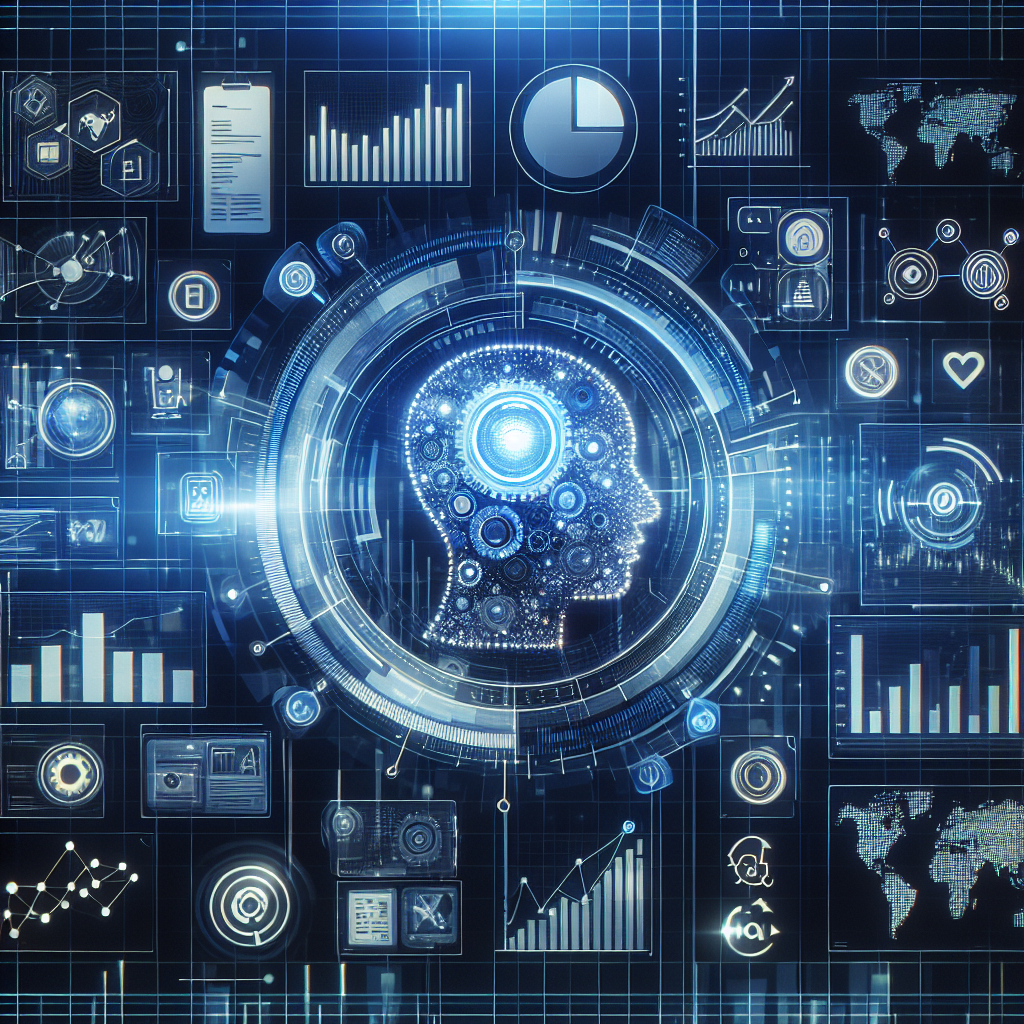
One of the most exciting aspects of AI in SEO is its ability to personalize content. Search engines are increasingly prioritizing user experience, and AI can help deliver personalized content that meets individual user needs. Imagine visiting a website and finding content that’s tailored to your preferences and interests. That’s the power of AI in action.
Personalized content not only enhances user experience but also boosts engagement metrics like time on page and click-through rates. These metrics are crucial for SEO, as they signal to search engines that your content is valuable and relevant. For example, AI-driven personalization engines can recommend blog posts based on a user’s past behavior, increasing the likelihood of extended site visits and conversions.
Challenges and Limitations
Despite its many advantages, AI-generated content isn’t without its challenges. One major concern is the potential for low-quality or misleading content. While AI algorithms are incredibly advanced, they can still produce content that’s factually incorrect or lacks depth. This can harm your site’s credibility and SEO performance.
Moreover, search engines like Google are becoming more adept at identifying AI-generated content. If your content is flagged as low-quality or spammy, it could result in penalties or lower search rankings. It’s crucial to integrate rigorous quality checks and human review processes to mitigate these risks.
Ensuring Content Quality and Authenticity
So, how can you ensure that your AI-generated content maintains high quality and authenticity? Here are a few strategies:
- Use AI tools as a supplement, not a replacement for human writers.
- Regularly review and edit AI-generated content to ensure accuracy.
- Incorporate unique insights and personal experiences to add value.
- Conduct thorough fact-checking to maintain credibility and trust.
By following these guidelines, you can harness the power of AI while maintaining the integrity of your content. Always remember that AI should augment human capabilities, not replace them.
The Future of AI-Generated Content and SEO
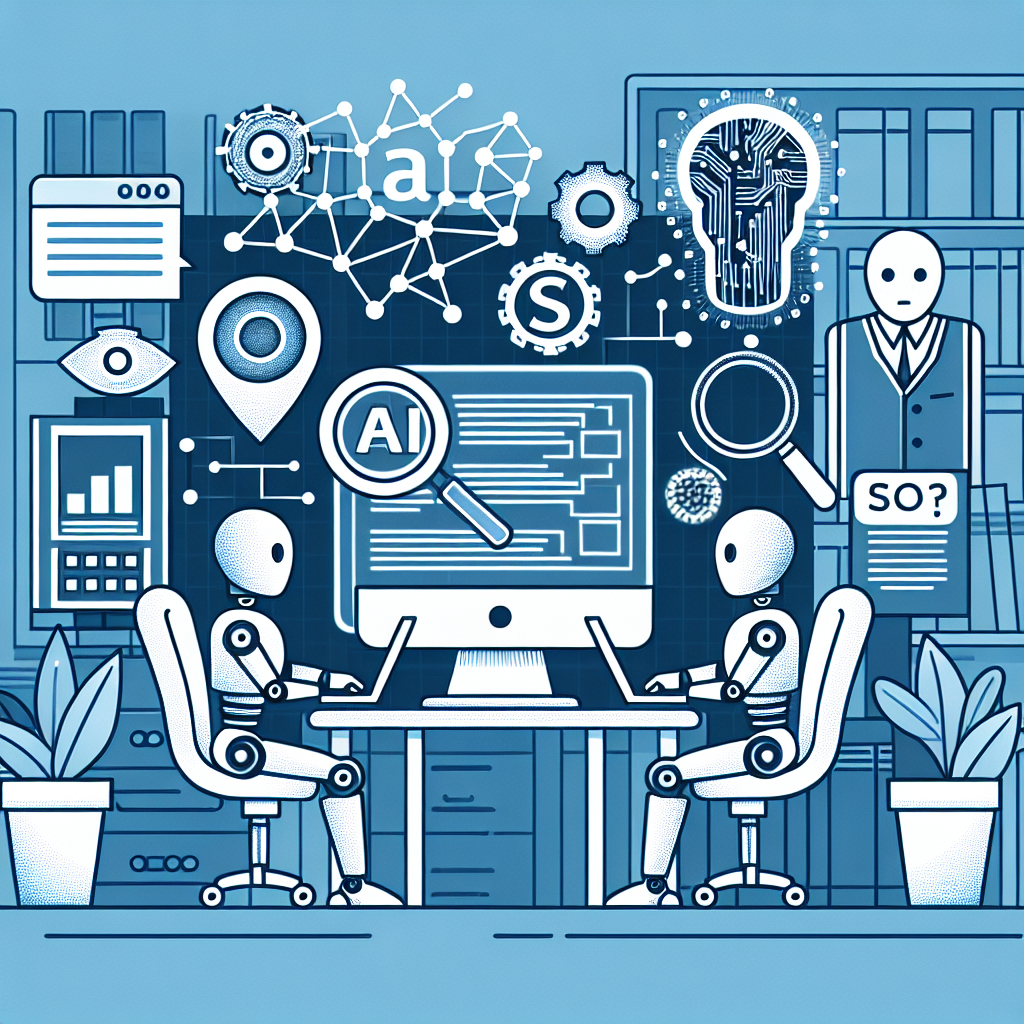
Now, let’s look ahead. The future of AI-generated content and its impact on SEO is promising, yet uncertain. As AI technology continues to advance, we can expect even more sophisticated content creation tools. These tools will likely offer enhanced capabilities for personalization, automation, and data-driven insights.
However, the ethical implications of AI-generated content will also come to the forefront. Issues like data privacy, content authenticity, and algorithmic bias will need to be addressed. The SEO landscape will continue to evolve, and staying informed about these changes will be crucial for marketers and content creators alike. For example, AI ethics boards and policies may become standard in ensuring that AI-generated content adheres to legal and ethical guidelines.
Preparing for the AI-Driven SEO Future
Are you ready for the future of AI in SEO? Here are some steps you can take to prepare:
- Stay informed about AI trends and technological advancements.
- Invest in AI tools that align with your content strategy.
- Focus on creating high-quality, authentic content that resonates with your audience.
- Engage with AI ethics discussions and adapt to regulatory changes.
By taking these steps, you can position yourself at the forefront of the AI-driven SEO revolution.
Case Studies and Real-World Examples
To bring these concepts to life, let’s look at some real-world examples of AI-generated content impacting SEO. Many companies have successfully integrated AI into their content strategies, achieving impressive results.
For instance, a leading e-commerce platform used AI to generate product descriptions, significantly reducing the time spent on content creation. As a result, they were able to expand their product catalog and improve SEO performance by targeting more keywords. This led to a substantial increase in organic search traffic and conversions.
Another example is a media company that used AI to personalize content recommendations for their readers. This approach increased user engagement and retention, ultimately boosting their search rankings. By analyzing user behavior, they could suggest relevant articles, increasing the likelihood of repeat visits and higher page views.
Analyzing the Impact
These case studies highlight the potential benefits of AI-generated content. However, they also underscore the importance of monitoring and optimizing AI-generated content to ensure it meets quality standards. Failure to do so can result in missed opportunities and potential SEO setbacks. Regular audits and analytics reviews are essential to gauge the impact of AI-generated content on SEO performance.
Conclusion: Embracing AI’s Role in SEO
As we’ve explored, the impact of AI-generated content on SEO is multifaceted. While AI offers exciting opportunities for content creation and optimization, it also presents unique challenges. By understanding these dynamics and staying informed about technological advancements, you can leverage AI to enhance your SEO strategy.
In my experience, the key to success lies in balancing AI-generated content with human creativity and insight. By doing so, you can create a content strategy that’s not only efficient but also authentic and engaging. So, embrace the power of AI, and watch your SEO performance soar.

